Kinder Morgan, incarceration and student on student abuse led the discussion in this week’s Nation to Nation.
The effort to stop the Kinder Morgan pipeline expansion in British Columbia had its biggest protest yet last weekend. Thousands showed up to rally against a plan to triple the amount of bitumen exported to Burrard Inlet.
One tactic has been to build tiny houses on the pipeline’s proposed route.
This past weekend one was built near Kinder Morgan’s tank farm in Burnaby. It’s called a watch house and is a traditional structure.
“To watch out for, I’ll use the word enemies, that are coming into our territory, that are threatening our land and our resources and our waters,” said William George, spokesman for the group, Protect the Inlet.
“So the significance of this watch house is most important to us in doing this work of stopping Kinder Morgan.”
As well N2N examined the announcement earlier this week by Crown-Indigenous Relations Minister Carolyn Bennett about renegotiating a settlement of residential school survivors who complained through the Independent Assessment Process about student on student abuse.
Those who had their cases dismissed or felt they were undercompensated may be eligible. However, the federal government estimates that will only affect about 240 people.
But a Dalhousie assistant professor says this type of abuse went on a lot.
“Generally we were told that bullying, that kind of emotional, physical bullying was something that was pervasive, every day,” said Amy Bombay. “That was kind of normal within the schools.”
Bombay explained to N2N host Todd Lamirande why this type of abuse occurred.
“We know there was widespread malnutrition. So there’s stories of students stealing other people, younger and smaller kids food because they were hungry. So for a lot of people it was a survival thing. We were also told stories where the priests and the staff who abused students actually forced other students to abuse others as a kind of way to have control over them,” she said.
And finally the United Nations Commission on the Status of Women is holding its 62nd session this week and next in New York City.
One of the presentations made Thursday was on the over-representation of Indigenous women in prison.
Chantell Barker works as a community justice development coordinator for the Southern Chiefs Organization in Manitoba.
She was there and appeared on N2N to speak about she talked about.
“It’s a crisis right now, especially in Manitoba. Where we have the number of incarcerated people is rising and doesn’t seem to be getting any better,” said Barker.






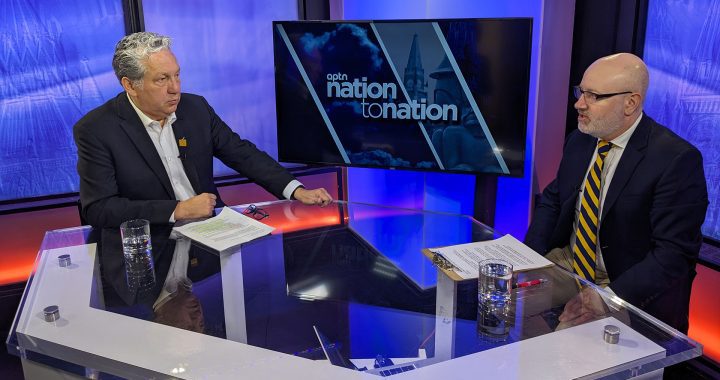
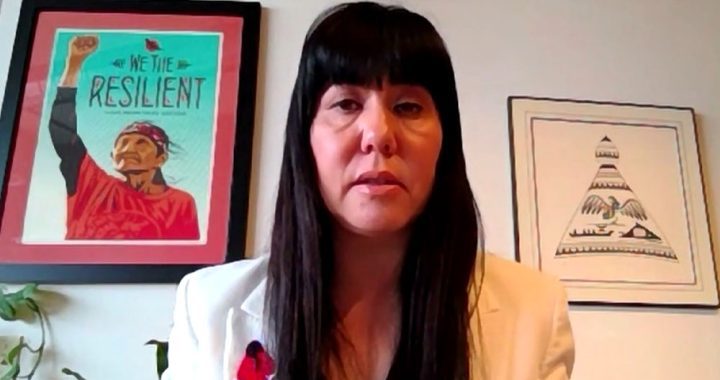
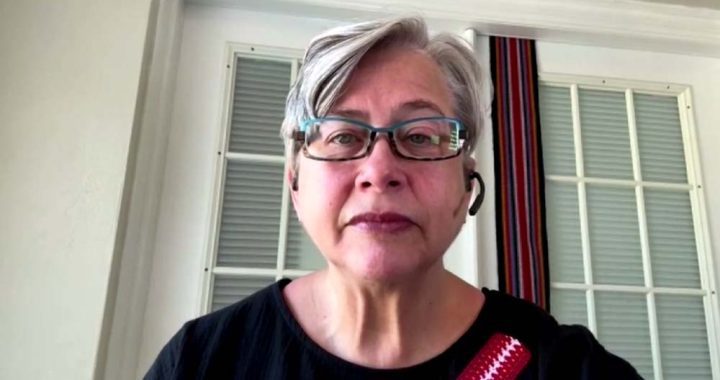

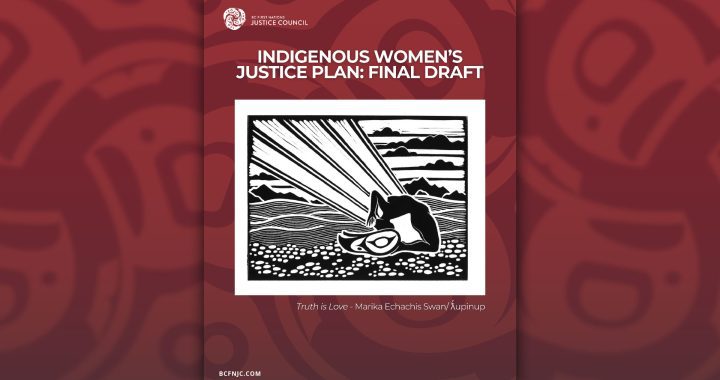
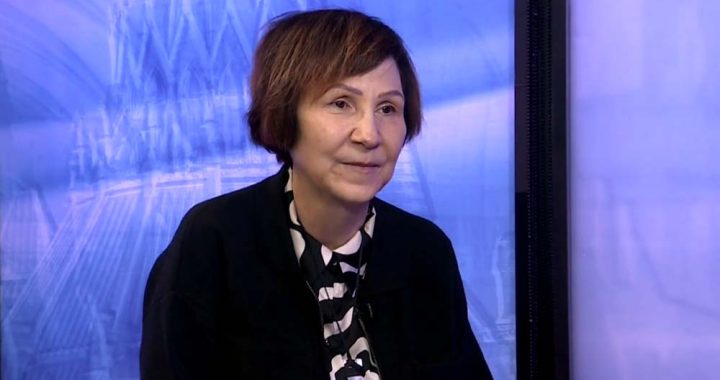
questions
1) was there an economic/business opportunity for FNs affected and what did it look like??
2) was there proper consultation based on UNDRIP to the FNs by Kinder?
3) what is the economic / environmental valuation based on the project and does it/will it meet the needs of the affected FNs
4) How does the technology look as far as this pipeline and is it top of the line/state of the art to mitigate any breaches
Culture and traditional rights protection we all need!!!
Questions that must be asked:
1) what is the economic opportunity that is in question for the surrounding FNs and was it a fair opportunity (jobs, equity options etc)
2) what did Kinder do for “consulation” based on UNDRIP??
questions
1) was there an economic/business opportunity for FNs affected and what did it look like??
2) was there proper consultation based on UNDRIP to the FNs by Kinder?
3) what is the economic / environmental valuation based on the project and does it/will it meet the needs of the affected FNs
4) How does the technology look as far as this pipeline and is it top of the line/state of the art to mitigate any breaches
Culture and traditional rights protection we all need!!!
Questions that must be asked:
1) what is the economic opportunity that is in question for the surrounding FNs and was it a fair opportunity (jobs, equity options etc)
2) what did Kinder do for “consulation” based on UNDRIP??